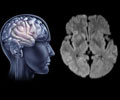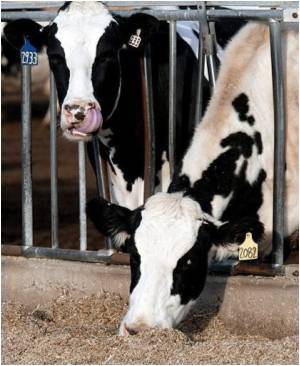This dug is effective in mice blocking toxic misfolded prions. Prions have been linked to Creutzfeldt-Jakob disease, the human equivalent of mad cow disease.

At present, no medication has proven effective in preventing or curing those neurodegenerative ailments. But research in the American journal Science Translational Medicine said the new anti-prion compound appears to be successful in locking infectious clumps of prions in place.
Researchers said infectious prions replicate by triggering normal forms of the protein to fold abnormally and cluster into long chains that are highly toxic to neurons.
Scientist Uli Herrmann and his research colleagues designed new polythiophenes with optimal ability to immobilize prions, the most promising of which prolonged survival of prion-infected mice and hamsters by more than 80 percent.
The mice and hamsters treated with the compound showed fewer prion clusters and less severe damage in the brain, the scientists said, suggesting that it stabilized small clusters of prions and locked them in place, preventing self-replication.
The encouraging results suggest that polythiophene could prove to be a potent future treatment for prion diseases, according to the study.
Advertisement
Experts believe eating meat from infected animals can trigger the CJD, human variant of the fatal brain-wasting malady.
Advertisement
Source-AFP










